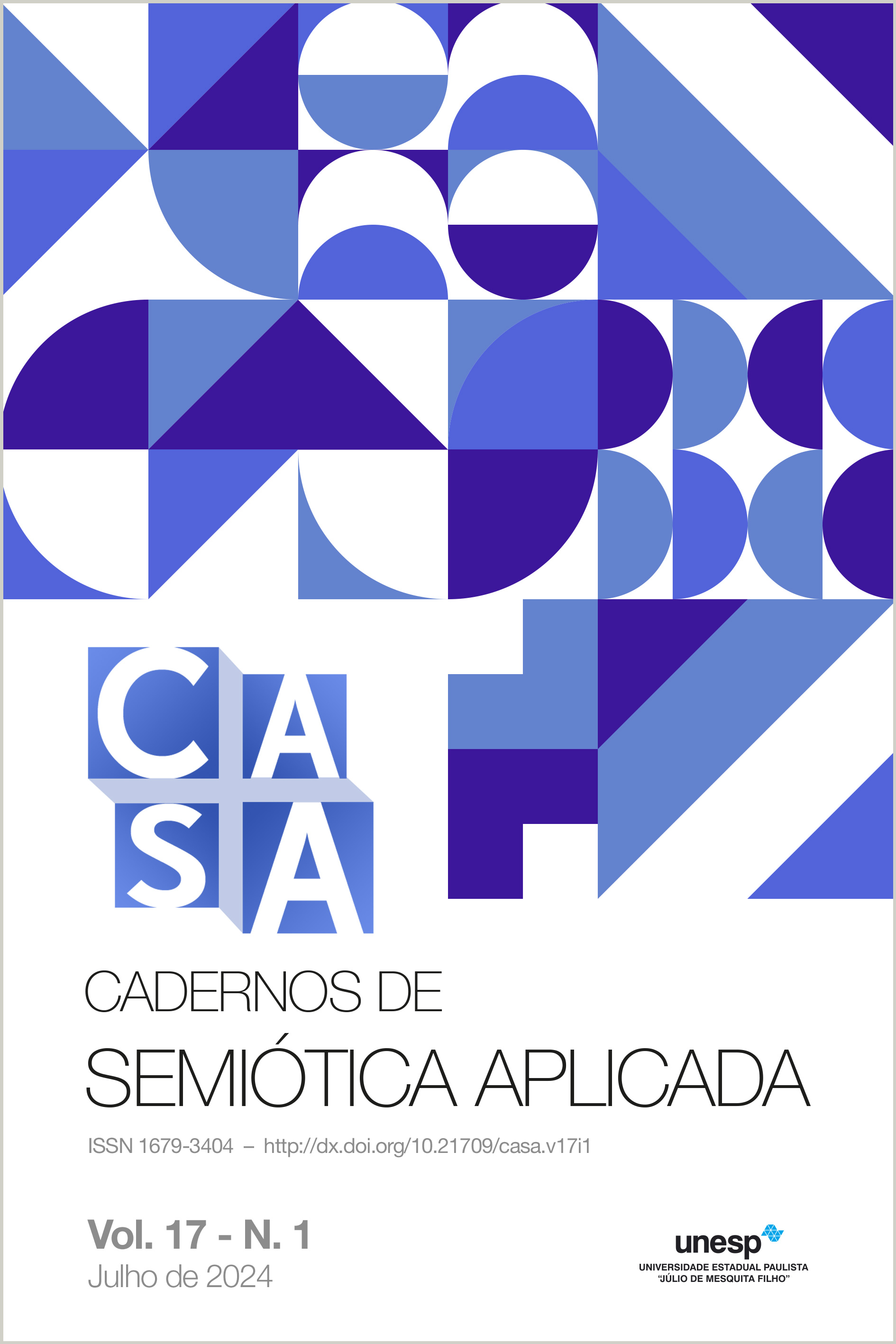A COMUNIDADE LGBTQIA+ VISTA A PARTIR DO DISCURSO PUBLICITÁRIO: UMA ANÁLISE DIALÓGICA DO DISCURSO
LGBTQIA+ COMMUNITY SEEN THROUGH ADVERTISING DISCOURSE: A DIALOGICAL DISCOURSE ANALYSIS
DOI:
https://doi.org/10.21709/casa.v17i2.19555Keywords:
Dialogical Discourse Analysis, Advertisement, LGBTQIAPN communityAbstract
: The ideological disputes and conflicts present in advertising discourse establish dialogues with the political contexts in which they are inserted. In Brazil, from the 2010s onwards, we observed a rise and greater public projection of conservative speeches – with the consolidation of the “evangelical bench” in Congress, for example, as well as with the use of the phrase “gender ideology” as a catalytic agent. of moral panics. On the other hand, several manifestations of identity demands took shape, also acting in different areas of the social sphere. Faced with this problem, the objective here is to develop a dialogical analysis of advertising statements that reflect/refract agendas of the LGBTQIA+ community. The analysis benefits methodologically from the text comparison proposal made by Bakhtin (2011), and from the consideration of the utterance in its multisemiotic aspect, being taken as a whole of meaning. Thus, notions pertinent to Dialogical Discourse Analysis such as concrete utterance, the axiological value of the sign, the sphere of activity, genre of discourse and the dialogical principle that constitutes the utterances will be crucial for the analysis of this corpus. Furthermore, the research encompasses feminist studies and queer theory, considering authors such as Judith Butler, Sam Bourcier, Richard Miskolci, among others.
Downloads
Published
Issue
Section
License
Copyright (c) 2024 CASA: Cadernos de Semiótica Aplicada

This work is licensed under a Creative Commons Attribution-NonCommercial-NoDerivatives 4.0 International License.
The authors of the approved papers agree to grant non-exclusive publication rights to CASA. Thus, authors are free to make their texts available in other media, provided that they mention that the texts were first published in CASA: Cadernos de Semiótica Aplicada. Besides, they authorize the Journal to reproduce their submission in indexers, repositories, and such. Authors are not allowed to publish the translation of the published paper to another language without the written approval of the Executive Editors. The authors are totally responsible for the content of the published work.

